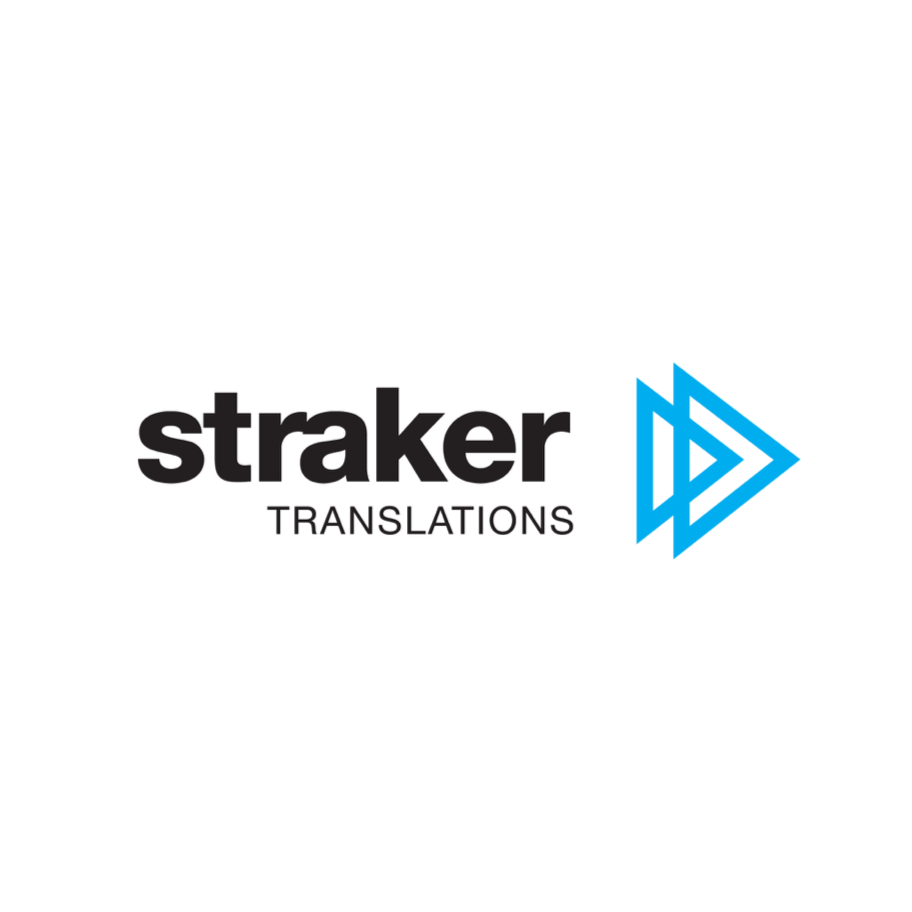Straker Translations 1H FY23 result saw it reiterate profit guidance and report a 42% jump in revenue as it announced deals with Microsoft and the UN.
Straker Translations (ASX:STG) reported its 1H results this morning, which shows revenue rising to $33 million from $23 million (unaduited) in the first half of FY22, and noting a healthy rebound in operating cashflow as the half year progressed.
Second-quarter results were also announced with revenue up 19% versus a year ago, to $14.2 million.
The global leader in AI-based translation services, which reports a financial year ending March 31, 2023, is confident it will deliver on its guidance of growth in revenue for FY23.
“We have a strong balance sheet and are on track to deliver on the guidance issued at the end of May 2022 for profitable growth in revenue for the 12 months to the end of March 2023 of 20% and gross margins exceeding the 54% achieved in FY 2022,” CEO and co-founder Grant Straker said.
Straker booked gross margins in Q2 of 55.9%, which it said was consistent with the 56.2% achieved in Q1 FY23. The company is focused on boosting gross margins to drive a significant uplift in EBITDA.
Turning things around
Straker also delivered a substantial turnaround in Operating cashflow in Q2 and reported an inflow of $1.8 million, in line with guidance and up from an outflow of $2.3 million in Q1. Likewise, adjusted EBITDA showed a rebound improving by $1.5m versus 12 months ago to of $0.5m for the first half.
With investors’ current focus on profitable growth and well-funded companies not at risk of returning to the market for a dilutive equity raise, profitless growth is clearly out of vogue.
Straker on the other hand, appears well positioned with rebounding cashflow, $12.5m in cash and 20% revenue growth forecast, attributing the resilient result to the company’s superior competitive positioning.
“In the face of the global economic challenges, Straker’s global reach and capability as well as our technology leadership represent a more compelling proposition to customers than ever,” he said.
“We are meanwhile building on these strengths with our focus on delivering service through workplace super apps that will further differentiate us from the competition.”
M&A strategy working for Straker
Straker noted that the unaudited result for the half-year was evidence of the company’s determination to leverage its economies of scale and realise the benefits that come from the integration of acquisitions.
One of the key deals struck during the first half came from the recently acquired IDEST Communication business.
IDEST, which Straker added to its stable in Q4 FY22, secured a long-term agreement with the United Nations during the Quarter for the provision of global technical translation and revision services from English to French and Spanish.
Straker said the UN contract was a clear demonstration of the latent potential IDEST offered the company through its relationships with global institutions such as the European Commission, the European Parliament, UNESCO, and the United Nations.
IT giant Microsoft also took a keen interest in Straker, signing the company on to translate print and online media in New Zealand into the te reo Māori language.
Straker will combine its translation tools with the Microsoft Translator platform and AI technology to enable news media to translate whole articles into te reo Māori at scale – a move that builds the company’s profile with a significant global player.
Extending technology advantage
Meanwhile, Straker is working hard to extend its “technology advantage over the competition”, with a focus is on driving the seamless integration of the company’s RAY platform with “workplace super apps” such as Slack and Microsoft Teams.
Since the onset of the global pandemic and the associated move to remote working, usage of these workflow collaboration tools has grown exponentially.
Slack has surged to 10 million users daily and is used by 65 of the Fortune 100 list of the US’ largest companies, and Microsoft Teams is now used by 1 million organisations globally, boasting 270 million monthly users – a customer base twice the size it was a year ago.
Straker has developed an app for Slack that allows clients to order translations and monitor the progress of those translations, designed to further enhance the user experience by allowing their teams to order and manage translations within their normal workflow.
The company is planning to roll out the app more widely in the current quarter and will soon begin development of a similar app for Microsoft Teams that is slated for release early next year.
Straker expects the apps to open up more subscription Software as a Service (SaaS) revenue opportunities.

